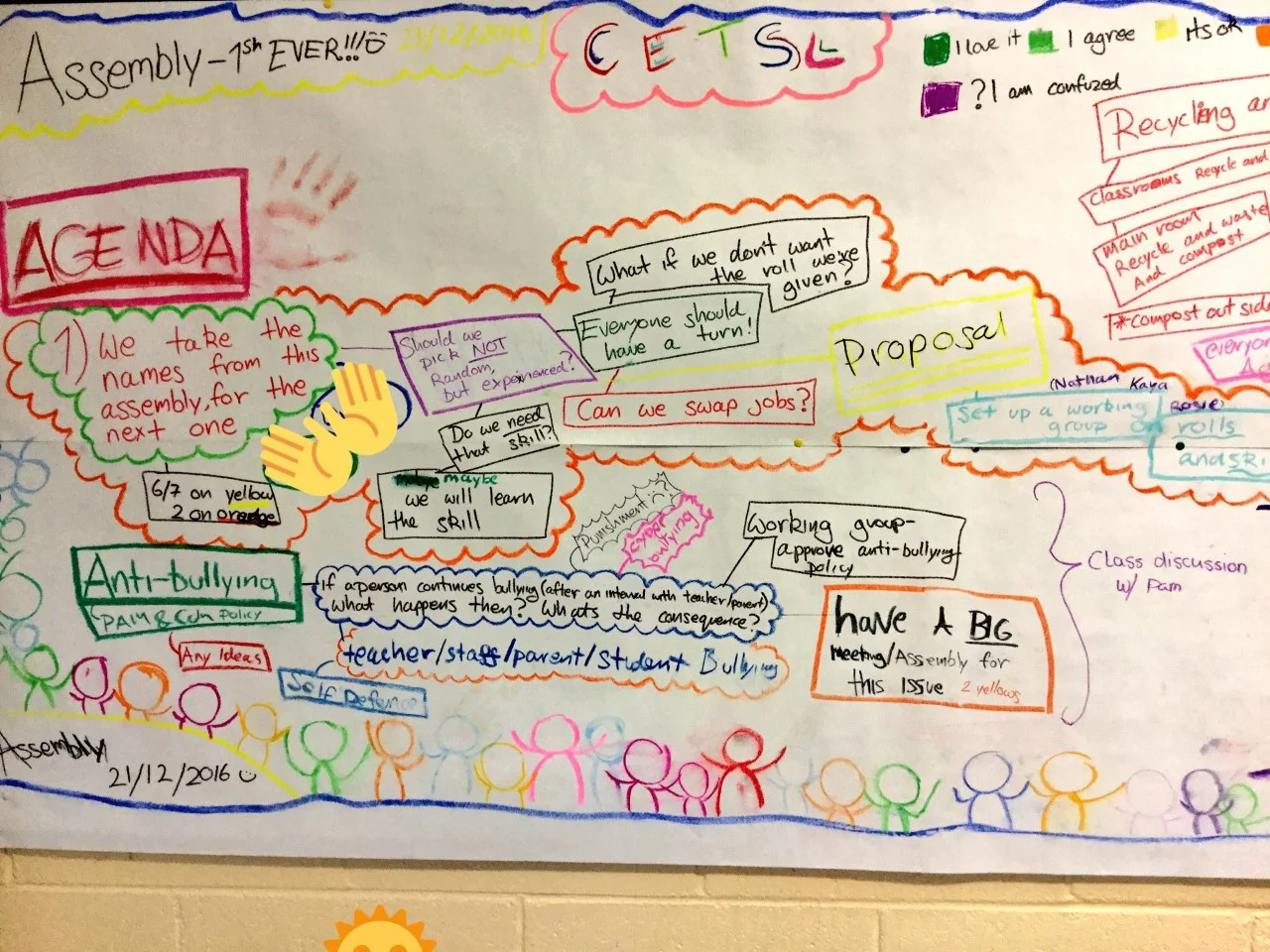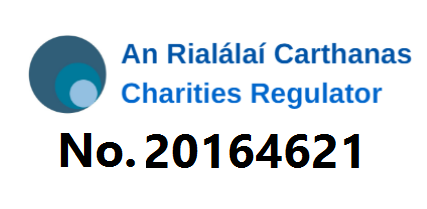Student Centred
In CETSS, we feel that a distinction should be made between exam-centred and student-centred models of education.
The exam-centred model, has in recent years become inseparable from a focus on the 'points race' and league tables produced by newspapers. This focus leads to a simplistic view of school life and indeed a distortion of the education system as a whole. Schools are treated as better or worse performing industries, each with their inputs, processes and outputs. This ignores the great work being done by teachers in schools around the country and is damaging to social cohesion.
- We reject the logic of league tables and respect the work of good teachers everywhere
Due to this 'pressure' on schools, some continue to choose to filter their students with 'soft barriers' on enrollment; financial barriers or indeed financial inducements. These schools effectively promote exclusion to the detriment of other local schools and though they may not acknowledge it, exclusion, though invisible, is a value on display for their students during each school day.
We will not exclude; we will learn together and our diversity will be our strength. We aim to educate our students to the best of their individual abilities
Whilst in school, student learning can be greatly affected by the product-driven logic. Non exam subjects such as Civic, Social and Political Education and Social, Personal and Health Education are often downgraded; even though these subjects are supposed to be promoting social solidarity and the crucial areas of student mental health and well-being. This downgrading of non-exam subjects happens in several ways: 1. Failing to timetable subjects at all; 2. Giving these classes to teachers who are not qualified to teach them; 3. Timetabling resource hours during these classes etc.
- SPHE, CSPE and Ethics will only be taught by competent, committed, qualified teachers and they will have significantly more time than is typical
Within the examined subjects, negative practices are commonplace also. Streaming classes is perhaps the best example, even though the best performing systems in Europe don’t do this
- We will not stream in lower years (and only in upper years when it is absolutely in the interests of the students)
Furthermore, teaching and learning are often made boring by arbitrary exam logic, that is; ‘Learn this: it’s on the test’ and ‘Stop learning that; it’s not..’ Learning has to be structured, balanced and demonstrable, but too often our system seems random and illogical to students and sometimes they’re right. Learning should be interdisciplinary; students should see connections between subjects in order to develop critical, complex thoughts.
- We will use continuous assessment in all subjects. Project work, participation, effort, collaboration and creativity will all be valued alongside academic content. Course content will be made relevant to students’ lives
The ‘Refugee Crisis’ is perhaps, an illustrative example. Though many teachers would find it both interesting and of concern, they’d struggle to find a place to include it (for more than a single class). This is because it’s not in the textbooks (yet) and probably not on the test. In actual fact the crisis can be used to teach economics, history, ethics, geography, sociology, politics as well as literacy and numeracy. Furthermore, the topic is both urgent and engaging for students. Teaching the topic as a multi-disciplinary phenomenon, by pausing the standard timetable (as is done in the Finnish system) would deliver phases of deep learning, make learning more relevant and foster critical, complex thought.
- We shall run Phenomenon-Based Learning weeks, as in the Finnish system
An over-reliance on textbooks, coupled with curriculum-overload means that teachers often teach the same material over and over and thus they themselves struggle to self-motivate.
- We shall only use textbooks where absolutely necessary, and instead shall develop our own digital resources
As the Leaving Certificate approaches, there is often a tendency to reduce personal development time in the students’ timetables. S.P.H.E and Relationships and Sexuality Education are often insufficient.
- We shall provide progressive, meaningful social, personal, ethical and philosophical education throughout the student’s time in the school and have a Guidance presence from ‘Day One’
Those schools that focus exclusively on rote-learning often claim to be ‘academic schools’.
- We contest this understanding of the term ‘academic’. Exam-driven sample answers are the antithesis of critical thought and are a poor preparation for further study
This logic often leads students to subscribe en masse to evening Grind ‘schools’, as the rote-learning in school appears insufficient for college entry. Whilst students sometimes need additional help in subjects for various reasons, we would take a different general view: we believe that many of these students haven’t been equipped at an early age with the necessary personal skills to navigate the Leaving Certificate. Students who see education purely as a currency often lack both internal motivation and critical thinking skills, which they will need soon after in Third Level. (Indeed, no league tables are produced on success or happiness in Third Level.)
- We want to promote student well-being, social solidarity, global sustainability and justice, life-long learning and genuine academic preparation.
- We believe that our approach will better prepare students for both the Leaving Certificate and for life after school, with all that that entails (personally, academically, socially, culturally and in the workplace).
- This, we believe, means giving the students problems to solve instead of sample answers to learn.
A fuller explanation of the negative impacts of exam-centred teaching can be found in our School’s Vision of Teaching and Learning.

